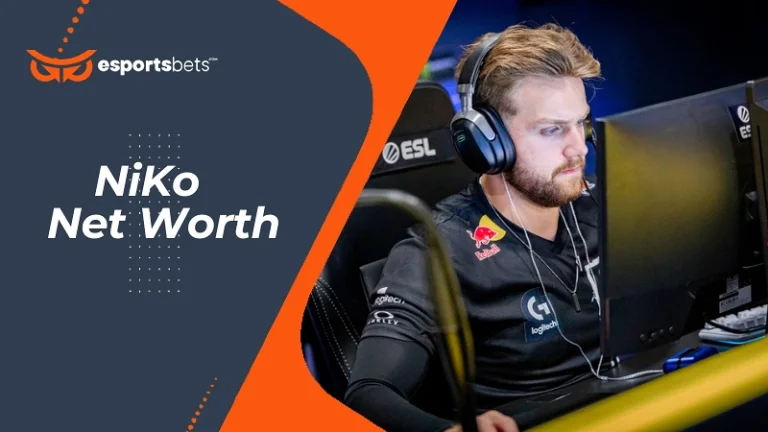What Is Skin Betting In Esports, And Is It A Problem?
If there is one aspect of esports gaming flying under the radar today, then it is the practice of skin betting. Skin betting is very different from standard betting, which is highly regulated and operated by companies with strong reputations.
Skin betting is very different, and one of the most worrying aspects for lawmakers around the globe is that unregistered sites offer betting options to potentially underage punters.
What is skin betting?
Let’s back up. You may have heard the term “skin game” used in golf. In that sense, it means betting on a hole, a series of holes, or a round with another player.
The idea is the same with esports only, instead of cash, players bet with skins. Skins are the virtual goods and items that players have either unlocked through their gameplay or that they have simply purchased. These items can then be used to decorate characters.
Although originally skins were not popular in esports, the development of games such as CS:GO has allowed players to design, create, devise, purchase, and win a huge number of skins. Unlocking skins has become a major focus for many players, especially for rarer ones. They’re now essentially a currency.
[cta id=2581 type=geo]How skin betting works
Players are encouraged to bet skins on game outcomes. The betting software will match their bet against another player willing to bet the same value of skins on the opposite outcome.
Ordinarily, skins cannot be converted back to cash, but players soon became frustrated by that fact. This has led to the creation of a number of sites where players can join and then trade their skins for cash.
This is how companies have gotten around Valve’s blocking of this practice.
Read also: CS:GO Skins Gambling Sites: best alternative to skin betting
Gambling Act 2005 update
The issue of skin gambling is a big one. Labour’s Shadow Secretary of State for Digital Culture, Media and Sport Tom Watson stated in February that he wanted a crackdown on online gambling. Watson said he and his party feel this mode of betting is not adequately covered by the terms of the 2005 Gambling Act in the UK.
He stated skin gambling is “totally lacking adequate regulation.” Indeed as far back as 2017, the UK Gambling Commission issued advice for parents to be aware of the risks of underage and unlicensed gambling related to games such as CS:GO, Dota 2 and similar.
As Esports Insider reported back in February, this is not an isolated issue. Watson’s stance has cross-party support with others in Parliament. New legislation is likely to be forthcoming via skins betting.
How big an issue is skin betting for the underage?
In its annual survey of youth gambling in 2017, the Gambling Commission revealed some shocking statistics: around 370,000 children in England, Scotland, and Wales having gambled in the week previous. Eleven percent of children in those regions took part in skin betting, a staggering number.
Multiply that across the globe where other countries have access to these sites, and you can see that skin gambling does have the potential to be a serious problem.
For the time being, until new legislation comes into play, there is seemingly little that can be done to resolve the issue of skin betting, save for educating the esports community and youngsters to avoid these sites and their pitfalls.
Image credit: Christopher Furlong / Staff / Getty Images





















